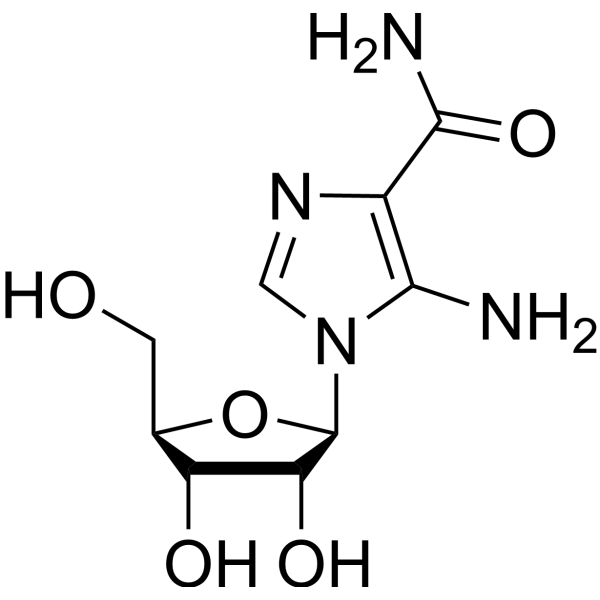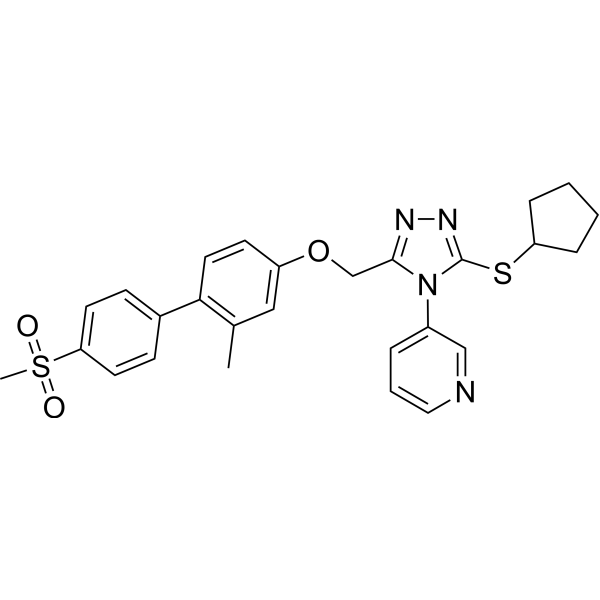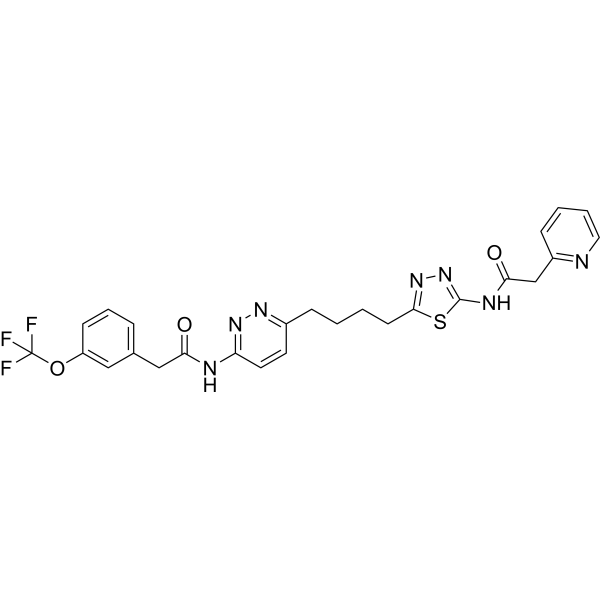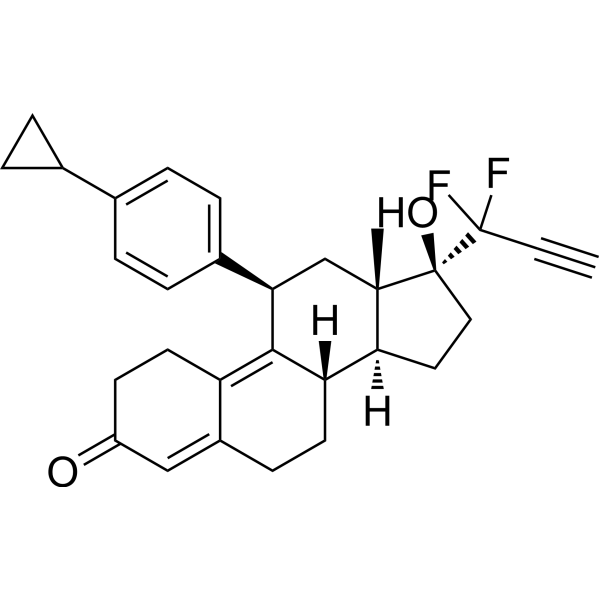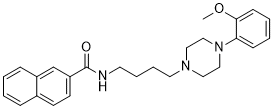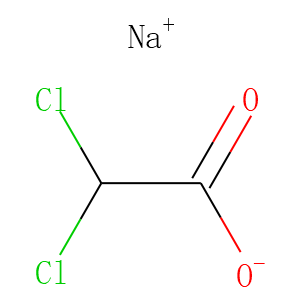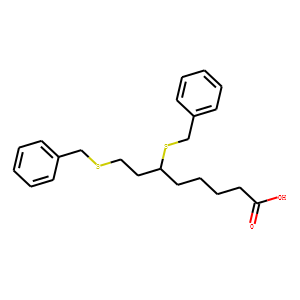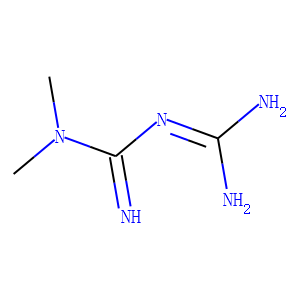Cancer Metabolism Metastasis
Research in cancer metabolism and metastasis explores how cancer cells alter their metabolism and spread to new areas of the body. Unlike normal cells, cancer cells often rely on glycolysis for energy production, even in oxygen-rich environments (the Warburg effect), allowing them to thrive and rapidly multiply. Drugs targeting cancer metabolism, such as Temsirolimus and AICAR, aim to disrupt this energy pathway, starving cancer cells and halting growth. Additionally, metastasis—the spread of cancer cells to secondary locations—poses a significant threat and complicates treatment. Anti-metastatic drugs work by inhibiting cancer cell migration and invasion, preventing the establishment of new tumors. Studying metabolic pathways and metastatic mechanisms is essential to understanding aggressive cancers, such as pancreatic and metastatic breast cancer. This dual approach not only provides therapeutic targets but also holds promise for more effective and less invasive treatments, potentially leading to lower rates of recurrence and extended patient survival.

